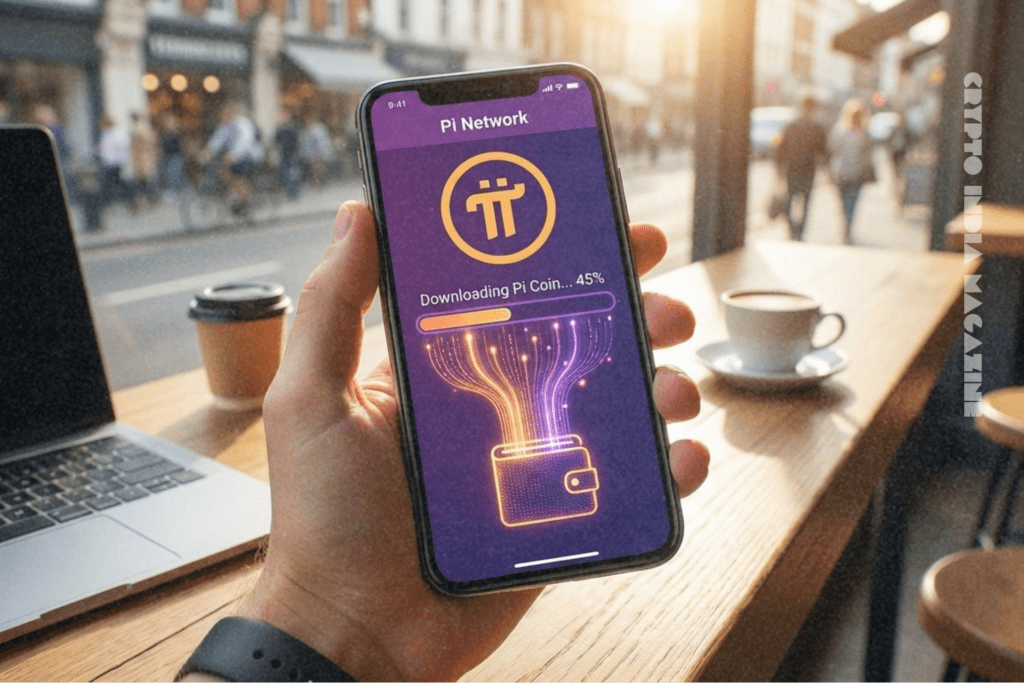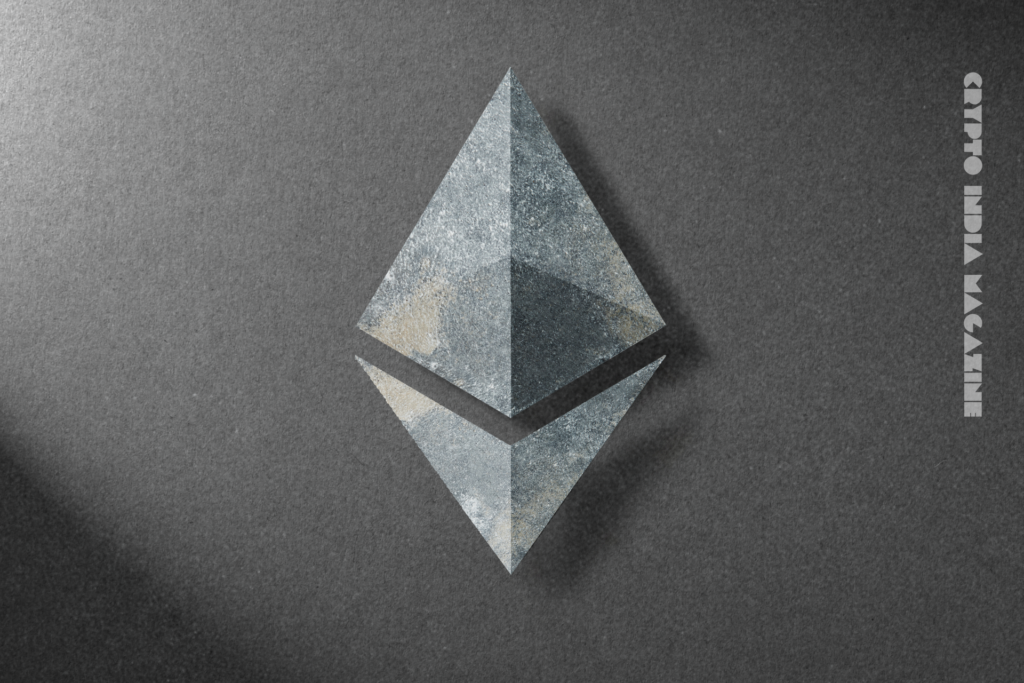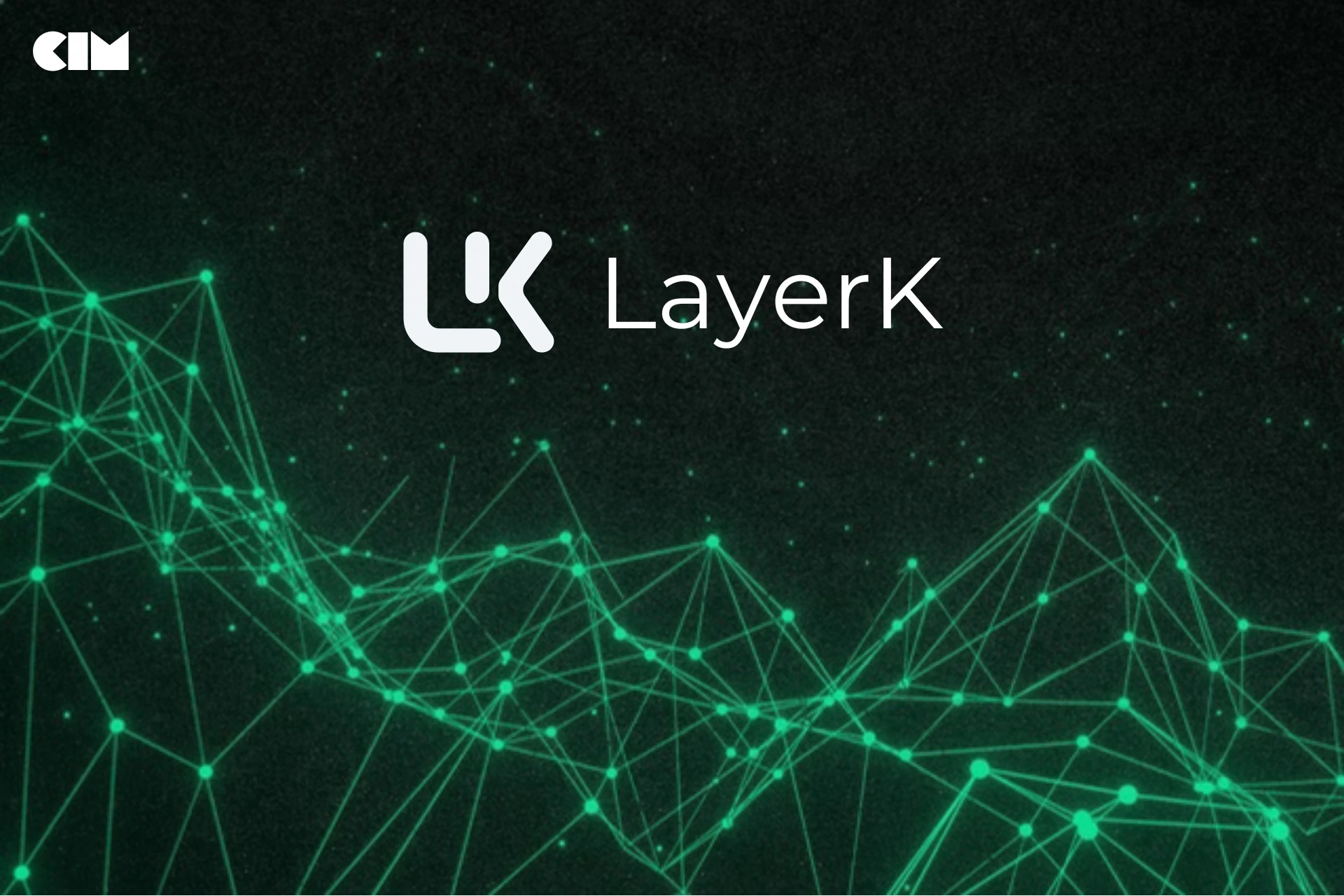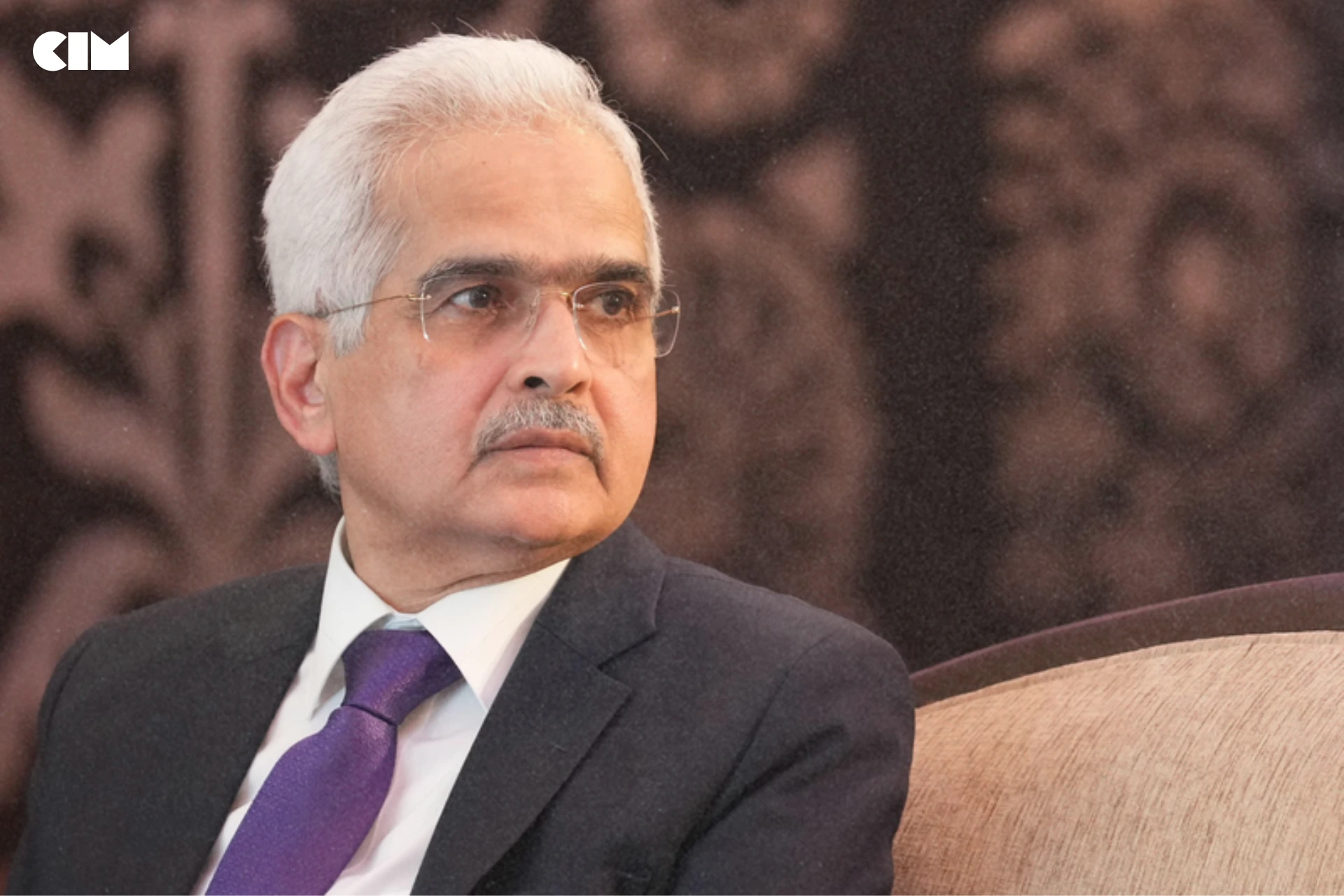Now Reading: Should We Decentralize Everything? Here’s What Industry Leaders Actually Think
-
01
Should We Decentralize Everything? Here’s What Industry Leaders Actually Think

Should We Decentralize Everything? Here’s What Industry Leaders Actually Think
The global blockchain market was valued at $11.14 billion in 2022, with projections suggesting it could surge to $469.49 billion by 2030. Yet, beneath these staggering numbers lies a fundamental question that continues to divide tech leaders: Do we actually need decentralization on such a widespread scale?
The landscape of Web3 and decentralized technologies presents a paradox.
According to a study conducted by the crypto exchange Binance, venture capital investments in the top ten Web3 projects saw a significant downturn in 2023, with only $1.78 billion raised. This total is 70% lower than the $5.87 billion raised in 2022.
Meanwhile, traditional centralized tech giants face unprecedented scrutiny. Meta’s $1.3 billion GDPR fine in 2023, alongside Amazon and Google’s antitrust battles, has thrust the debate over centralized power into mainstream consciousness.
Amidst this tension, we’re witnessing an explosion of decentralized alternatives. From finance to social media, and even cloud storage – the decentralization movement touches every corner of our digital lives. But is this wholesale rush toward decentralization justified? Or are we, as an industry, seeking distributed solutions for problems that don’t necessarily require them?
To answer these questions, we turned to those at the forefront of both Web2 and Web3 innovation – leaders who’ve built and scaled solutions and businesses in both paradigms. Their responses, ranging from cautious skepticism to measured optimism, offer valuable perspectives on where decentralization truly matters and where it might be more hype than necessity.
Here’s what they had to say:
1. Vladimir Oane, Co-Founder at Deepstash
Decentralization for its own sake is never the answer. What we’re witnessing today is predominantly an ideological battle, particularly within information technology. The core argument centers on free speech – specifically, the belief that no centralized entity, whether it’s a corporation like Facebook or a government, can be trusted as its guardian. And this becomes particularly crucial when you consider that ‘speech’ encompasses everything from written content to media, code, and data.
Recent history has given us numerous examples that validate these concerns: the extensive post-9/11 surveillance programs in the US, the revelations from the Twitter Files, the Canadian truckers’ protest, the EU’s expanding regulations on AI and hate speech, and the UK’s intensifying stance on hate speech legislation.
However, the reality is that most consumers aren’t invested enough in the censorship debate. And I worry that, within a democratic framework, this isn’t an argument that will win.
If history is any indication, even enlightened systems often devolve into centralized, autocratic structures. Look at Rome—it began as a system designed to check the power of kings, but within 500 years, it had become an empire burdened with the need to keep millions of citizens fed and entertained.
The U.S. seems on a similar path. Imagine if the First Amendment were put to a popular vote today—I doubt it would pass.
In conclusion, governments largely view decentralized technology as a threat, and the public doesn’t care enough to adopt it solely for ideological reasons.
So what’s the path forward?
I believe the key lies in superior user experience enabled by decentralization. Consider Linux’s journey to becoming the dominant cloud operating system. While it began as a political movement championing open source as a free speech issue, it ultimately succeeded because of its technical merits and the innovative business models it enabled.
The Web3 ecosystem will likely follow a similar trajectory. Mass adoption will come when decentralization enables novel use cases that genuinely improve user experience. Currently, most Web3 projects have focused heavily on infrastructure development, often at the expense of user experience. While this foundation is crucial, the next phase must prioritize creating intuitive, valuable applications that make decentralization’s benefits tangible to everyday users. This evolution is inevitable – it’s just a matter of time.
2. Raj Kapoor, Founder of India Blockchain Alliance
Sure, decentralization sounds exciting. It’s about freedom, control, and challenging the big players. But does every industry need to go decentralized? Probably not.
In places where governments are pulling the strings, decentralization fights back by keeping the internet free and open. Think about social media platforms or news outlets that won’t bend to authority or financial systems that can’t be shut down. People love the idea of peer-to-peer everything, from finance to services. But let’s face it: removing intermediaries doesn’t always make things better—sometimes it adds chaos.
Also, the reality is, decentralization isn’t always smooth. Decentralized networks can be frustratingly slow, at times, and with no clear leadership, accountability is often lacking when things go wrong. Decision-making can devolve into gridlock without someone at the helm. Scalability is another challenge—when decentralized systems grow, so do their issues, often creating a bottleneck.
However, let’s not dismiss decentralization entirely.
In areas like finance, it’s revolutionary, allowing people worldwide to access services without a bank’s permission. It’s financial freedom on a new level. In digital identity, decentralized solutions give users control over their data, addressing concerns about privacy and data breaches.
The key takeaway? A fully decentralized world may not be the answer. The real power lies in hybrid systems that combine decentralization where it counts—areas like transparency and privacy—with the efficiency and control of centralized structures. This balanced approach offers the best of both worlds.
3. Mehul Fanawala, Co-Founder at The Clueless Company
When asked Mehul the same question, he offered a seasoned perspective on the decentralization debate, drawing from his extensive experience in the B2B SaaS space. Here’s what he said:
As a RevOps Consultant in B2B SaaS with over 16 years in the field, I’ve learned to distinguish between transformative innovations and temporary trends. And decentralization sits at an interesting intersection of both.
Do we really need decentralization on such a broad scale? In my view, decentralization isn’t a one-size-fits-all solution. While it’s powerful in certain contexts—particularly in providing transparency and reducing single points of failure—not every system or service benefits from it.
In the B2B SaaS world, for example, centralized systems often provide the necessary control, security, and efficiency that businesses need to scale and operate effectively.
Are there specific areas where decentralized approaches provide genuine value? Absolutely. Decentralization is highly valuable where trust and transparency are paramount, such as in financial systems, supply chain management, and certain aspects of data privacy. For instance, in industries where data integrity and user autonomy are critical, decentralized systems offer unique advantages that centralized ones simply can’t match.
However, for most operational functions in B2B SaaS, where efficiency and control are key, centralization remains the more practical choice. Decentralization is more than just a trend; it’s a tool. And like any tool, its effectiveness depends on how and where it’s applied.
4. Kalyanjit Hatibaruah, MD & CEO at Flugelsoft
Decentralization is reshaping the tech landscape, with centralized services increasingly replaced by decentralized alternatives. But is it an essential shift or just a passing trend? To answer this, we need to weigh its benefits, identify where it adds value, and consider its true necessity.
Benefits of Decentralization:
- Empowerment: Decentralization transfers power to individuals and local entities, improving responsiveness and enabling more agile decision-making.
- Security: By removing single points of failure, decentralized systems enhance security, making regulatory compliance and resilience against cyberattacks more attainable.
- Innovation: Decentralized structures drive innovation by inviting diverse contributions without the constraints of central authority, as seen in blockchain technology‘s facilitation of peer-to-peer transactions.
Applicable Areas:
- Financial Services: DeFi platforms deliver faster, lower-cost banking solutions.
- Supply Chain: Decentralized networks improve transparency and trust.
- Data Management: They bolster security, compliance, and accessibility.
- Governance: Emerging frameworks promote more democratic decision-making.
However, decentralization isn’t suitable for every industry; some sectors benefit from centralized control for reasons of efficiency or compliance. While decentralization holds vast potential, its value should be assessed case by case, proving most effective in areas where flexibility and collaboration are essential.
5. Amanjot Malhotra, Head of Growth, Tezos India
The evolution towards decentralization represents a fundamental shift in how we think about digital infrastructure and user empowerment. While not every service needs to be decentralized, there are crucial areas where decentralization offers compelling advantages that address real-world challenges.
Financial services and digital identity management are prime examples of how decentralized approaches deliver tangible benefits. In India specifically, we’ve seen how decentralized systems can enhance financial inclusion and reduce dependency on intermediaries, enabling more direct and efficient transactions for millions of citizens. Maintaining ownership of one’s data and assets while participating in the digital economy represents a significant advancement in user autonomy.
However, it’s essential to approach decentralization pragmatically. The goal isn’t to decentralize everything but rather to identify where decentralization can meaningfully improve existing systems. Areas such as supply chain management, educational credentials, and certain government services can benefit from decentralized systems’ transparency and immutability. For instance, at Tezos India, we focus on promoting decentralized solutions where they can create genuine value and solve real problems, rather than pursuing decentralization for its own sake.
The key is to maintain a balanced perspective. While decentralization offers powerful tools for reshaping digital interactions, it should be implemented thoughtfully and where it genuinely enhances the user experience or solves existing problems.
As we continue to develop and refine these technologies, our focus remains on practical applications that can drive meaningful change in how people and organizations interact in the digital age.
6. Sachin Joshi, Co-Founder & CTO at Alt DRX
The true spirit of decentralization is to provide inclusivity for participants in the most transparent way possible. That said, decentralization isn’t necessary for everything; it’s most effective in areas where we aim to distribute economic value to a broad base of people while maintaining clear accountability.
Prime use cases include financial services, identity management, data ownership, and supply chain transparency.
Decentralization isn’t just a passing trend, but it also isn’t a universal solution. I firmly believe enterprises should lead the way in adopting decentralized solutions. By doing so, they can instill the confidence needed for retail users to embrace these technologies across various applications.
7. Dinesh KR, Senior Manager at WadzChain
The concept of decentralization is gaining traction in the tech world for good reason. We’re witnessing a remarkable shift where decentralized services are increasingly challenging their centralized counterparts. As the senior manager of blockchain product development at WadzPay, I’m particularly excited about the possibilities decentralization unlocks.
Decentralization empowers users by putting control back in their hands. By removing the need for a central authority, users gain greater control over their data and digital assets. Cryptography fosters trust in a more transparent and secure environment, eliminating reliance on a single entity and minimizing the risks associated with single points of failure.
The potential for decentralization extends far beyond payments. Its applications can reshape various industries, such as supply chain management, where decentralized ledgers can track goods from origin to destination, ensuring transparency and efficiency. In the realm of data sharing, secure blockchain networks enable controlled and safe sharing between parties. Additionally, decentralization can provide tamper-proof voting systems, empowering citizens and strengthening democracy.
While decentralization holds immense promise, challenges such as scalability, user experience, and regulatory frameworks must be addressed. By fostering collaboration among traditional institutions, developers, and users, we can navigate these challenges and unlock the full potential of decentralization. Ultimately, decentralization isn’t just a trend; it represents a fundamental shift in how we interact with technology and the world around us. Embracing its potential can pave the way for a brighter future filled with innovation, transparency, and empowerment.








